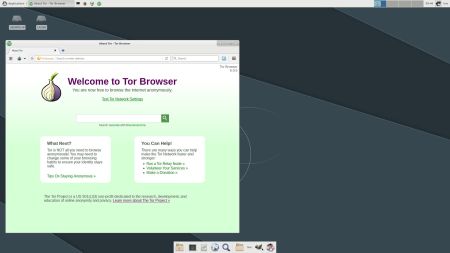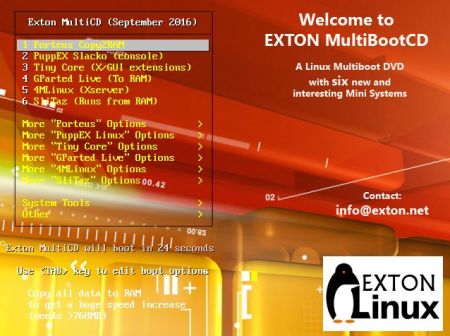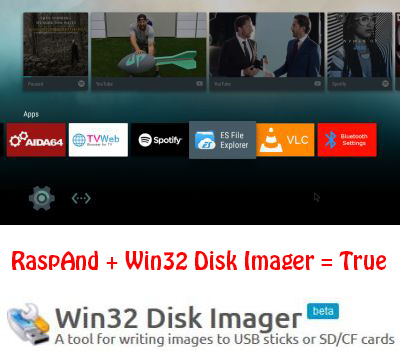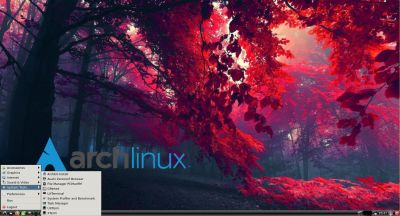 NEWS 161010
NEWS 161010
Kernel 4.8.1-x86_64-exton is my newest Slackware kernel. The stable kernel 4.8.1 was released on October 7, 2016.
I have compiled a very useful (as I think) 64 bit kernel for Slackware Current (14.2) and/or all Slackware derivatives. For example Slax, Zenwalk and SlackEX. The kernel is compiled exactly the same way as Slackware’s latest kernel huge. “My” kernel 4.8.1-x86_64-exton has even more support for new hardware, etc. Kernel 4.8.1 is the latest kernel available from Kernel.org. Released 20161007.
If you want to install my kernel in your Slackware 64 bit system, do this:
1. Download linux-kernel-4.8.1-x86_64-exton.txz – md5sum
2. Install it with the command installpkg linux-kernel-4.8.1-x86_64-exton.txz
(The kernel is packed just like Slackware’s original kernels so that everything ends up in the right place)
4. If necessary, change your Grub Legacy/Grub2 configuration
5. If you have an Nvidia graphics card in your computer, you may need to look over your files in /etc/modprobe.d before restarting the computer. That is remove the “blacklisting” of Nouveau’s kernel module in the appropriate files blacklist.conf and nvidia-installer-disable-nouveau.conf. With “my” kernel functions the Nouveau “free” driver works just fine.
NOTE: When you run the command installpkg linux-kernel-4.8.1-x86_64-exton.txz vmlinuz will be “created” in /boot. If you have /boot/vmlinuz already that file will be overwritten. In case you want to switch back to your old kernel you should make a backup of /boot/vmlinuz before you run the just mentioned command.
Restart your computer and enjoy!















